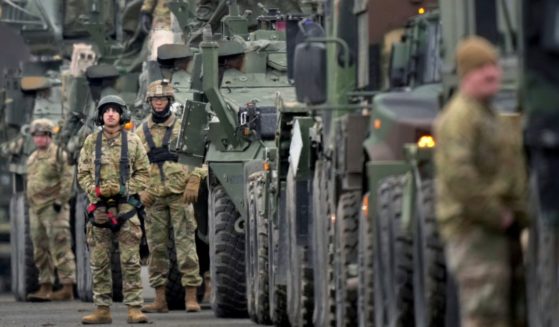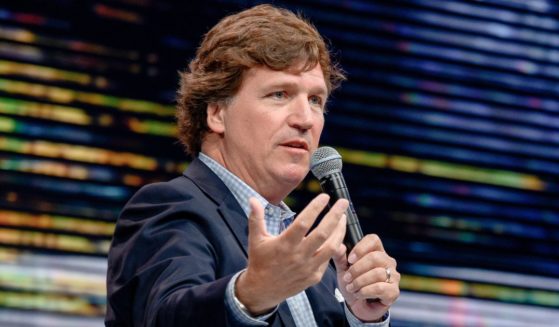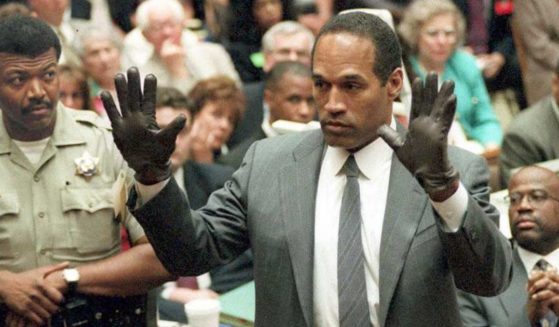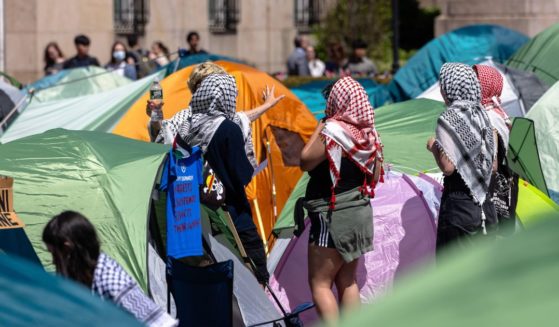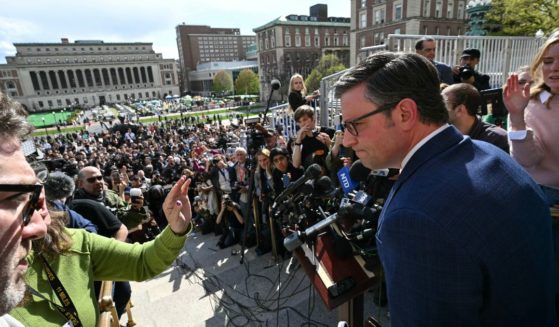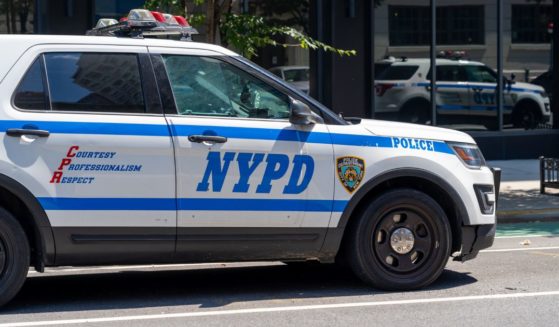Macron raises human rights on visit to Egypt
CAIRO (AP) — French President Emmanuel Macron said he encouraged respect for human rights when he met Monday with Egyptian President Abdel-Fattah el-Sissi, a military man seen as a bulwark against Islamic extremists who has led an unprecedented crackdown on dissent.
Speaking after the two met during a state visit that’s been light on specifics but loaded with symbolism, Macron said that Egypt’s success was important for the world given its size, location and military capabilities, but that free expression was one of the best safeguards against extremism.
“Stability and lasting peace go along with respect for personal freedoms,” and a state of law, and that cannot be separated from human rights, Macron said at a joint press conference. He had earlier said he would raise the issue more than in the past, given a lack of progress.
“We have values that are universal, they aren’t only French values. We have requirements ourselves, and human rights are among them. And we can, very frankly, affirm them, which is what I decided to do today,” he told the news conference.
France, which considers itself the birthplace of human rights, has come under pressure from rights groups and activists to raise such issues with el-Sissi, who led the military overthrow of an elected but divisive Islamist president in 2013.
Since then, authorities have jailed thousands of people, mainly Islamists but also prominent secular activists, including many of those behind the 2011 uprising that toppled longtime autocrat Hosni Mubarak. Egypt has also been accused of arbitrary detention, disappearances and torture, and has silenced most independent media.
Ahead of the meeting, Macron had said the latest crackdown is widely seen as more severe than any launched under Mubarak, and that people “who do not threaten the regime’s stability” have been jailed.
Macron said he had raised the cases of individual pro-democracy activists with el-Sissi during their meeting and mentioned some of the hundreds of websites that have been blocked. He said he also mentioned the precarious state of Egyptian NGOs and civil society, which have come under mounting pressure in recent years. He plans to meet with civil society groups on Tuesday.
El-Sissi said the two leaders had a “positive dialogue,” but repeated his argument that Egypt faces much greater challenges than human rights, including providing health care, housing and security for a growing population of 100 million people.
“We are not Europe or the United States,” he said, visibly bristling at questions about human rights. “Don’t forget that we are speaking about a troubled region.”
Egypt has been battling a long-running insurgency in the northern Sinai Peninsula led by an Islamic State affiliate, which has carried out a wave of attacks in recent years mainly targeting security forces and minority Christians.
Monday’s meeting was flush with pomp — beginning with a 21-gun salute and review of the Republican Guard, before representatives from the two countries held a ceremonial signing of framework agreements for development aid, women’s entrepreneurship, the continuation of a metro line being built by French firm Vinci, health care, education and culture.
But no major commercial contracts were announced aside from the previously expected Vinci deal, despite a large business meeting including French CEOs held in a parallel event at a military-run hotel.
Also Monday, a coalition of Egyptian and international rights groups, including Amnesty International, urged Macron to link any future arms deals to improvements on civil liberties and to halt sales of any equipment that could be used to suppress dissent.
“El-Sissi’s regime has run a policy of zero tolerance regarding any opposing viewpoints and intensified its repression of civil society with impunity,” said Amnesty’s Katia Roux.
Macron has dismissed the idea of using arms sales to pressure the government, saying it is important to respect Egypt’s sovereignty. He has also warned that in the absence of Western support, Egypt could turn to the West’s authoritarian rivals China and Russia, something it is already doing. Egypt has already bought two dozen French Rafale advanced fighter jets and is in talks to procure another dozen.
Macron arrived Sunday in Egypt and visited the country’s south, where he toured the famed temple of Abu Simbel and other archaeological sites. His delegation includes government ministers, two dozen representatives from academic, cultural, and scientific fields, and a dozen business leaders — including the heads of Rafale producer Dassault.
Macron later dined with the business leaders, and plans to meet the heads of Egypt’s Christian and Muslim communities on Tuesday during the trip, his first to Egypt since taking office in 2017.
___
Follow Brian Rohan on Twitter: https://twitter.com/Brian_Rohan
The Western Journal has not reviewed this Associated Press story prior to publication. Therefore, it may contain editorial bias or may in some other way not meet our normal editorial standards. It is provided to our readers as a service from The Western Journal.
Truth and Accuracy
We are committed to truth and accuracy in all of our journalism. Read our editorial standards.

